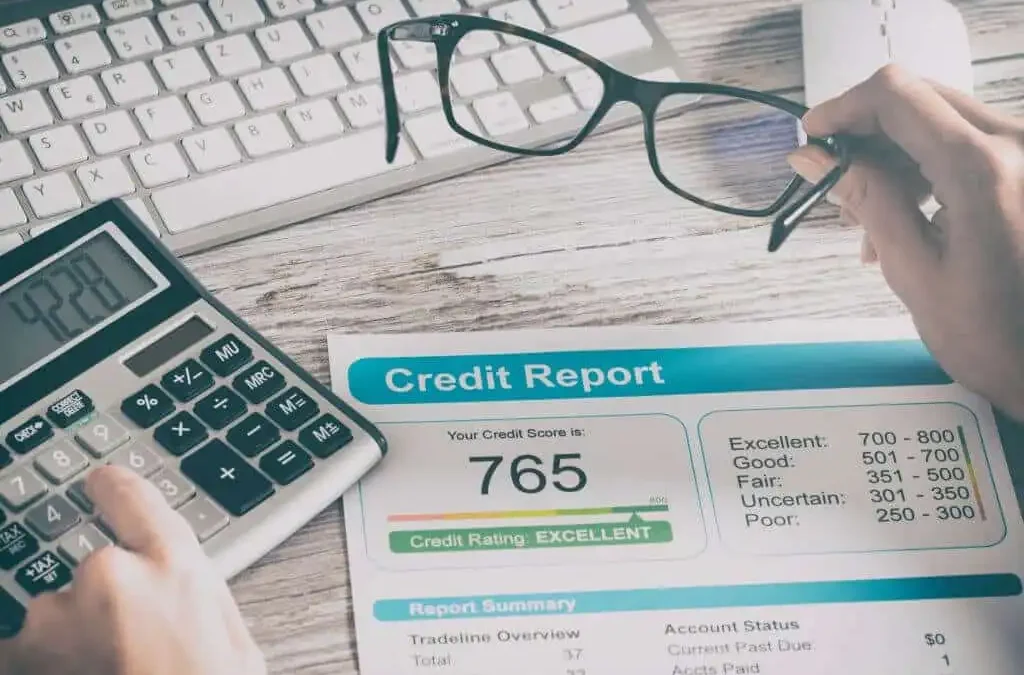A strong credit score is one of the most critical factors in securing a conventional loan, especially if you want favorable terms and lower interest rates. For prospective homebuyers, boosting your credit can be the difference between a dream home and an out-of-reach loan. Here are some practical strategies to improve your credit score and increase your chances of qualifying for a conventional loan.
Key Strategies to Improve Your Credit Score.
Lenders typically look for a score of at least 620 for conventional loans, though higher scores can result in better loan terms. Understanding what influences your credit score and how to fix it can help you focus on the right areas for improvement.
1. Regularly Review Your Credit Report
The first step toward improving your credit score is knowing where you stand. You’re entitled to a free credit report from each of the three major bureaus (Equifax, Experian, and TransUnion) annually. Carefully review these reports to spot any errors, such as inaccurate payment histories or unrecognized accounts, that could be dragging down your score. Disputing errors and ensuring your report accurately reflects your credit history can boost your score quickly.
2. Pay Down Outstanding Debts
One of the biggest factors affecting your credit score is your credit utilization ratio – the percentage of available credit you’re using. Aim to keep this ratio below 30%. Prioritize paying off high-interest debt first to reduce balances efficiently. Reducing your debt balances shows lenders that you manage your credit responsibly, which will positively impact your score.
3. Make Payments on Time, Every Time
Your payment history is the most significant component of your credit score, accounting for 35% of the total score. Late payments can lower your score and stay on your credit report for up to seven years. Setting up automatic payments or reminders can help ensure you never miss a due date. Consistent on-time payments are essential for building a solid credit history.
4. Avoid Opening New Accounts
Opening new accounts results in a hard inquiry, which can temporarily lower your credit score. If you’re planning to apply for a conventional loan, it’s best to avoid new credit applications to keep your score stable. Focus on strengthening your existing accounts rather than adding new ones, which will show lenders you’re committed to maintaining a positive credit history.
5. Become an Authorized User
If you have a friend or family member with a strong credit history, consider asking them to add you as an authorized user on their credit account. This step can positively influence your credit score, especially if the account has a history of on-time payments and low balances. Becoming an authorized user allows you to benefit from their positive credit behavior, potentially boosting your own score.
Additional Tips for Long-Term Credit Health
- Keep Old Accounts Open: The length of your credit history contributes to your score, so avoid closing old accounts if possible. The longer your credit history, the more it can benefit your score.
- Monitor for Identity Theft: Identity theft can severely impact your credit, so consider using a credit monitoring service to quickly detect any suspicious activity.
We Support You on the Path to Homeownership
Improving your credit score takes time, patience, and consistent effort, but the results are well worth it. A higher credit score not only increases your chances of qualifying for a conventional loan but also opens the door to better loan terms and lower interest rates.
At HQM Loans, we’re here to help you make sense of your credit and guide you through the loan process. Reach out today to discuss how we can support you on your journey to homeownership.

